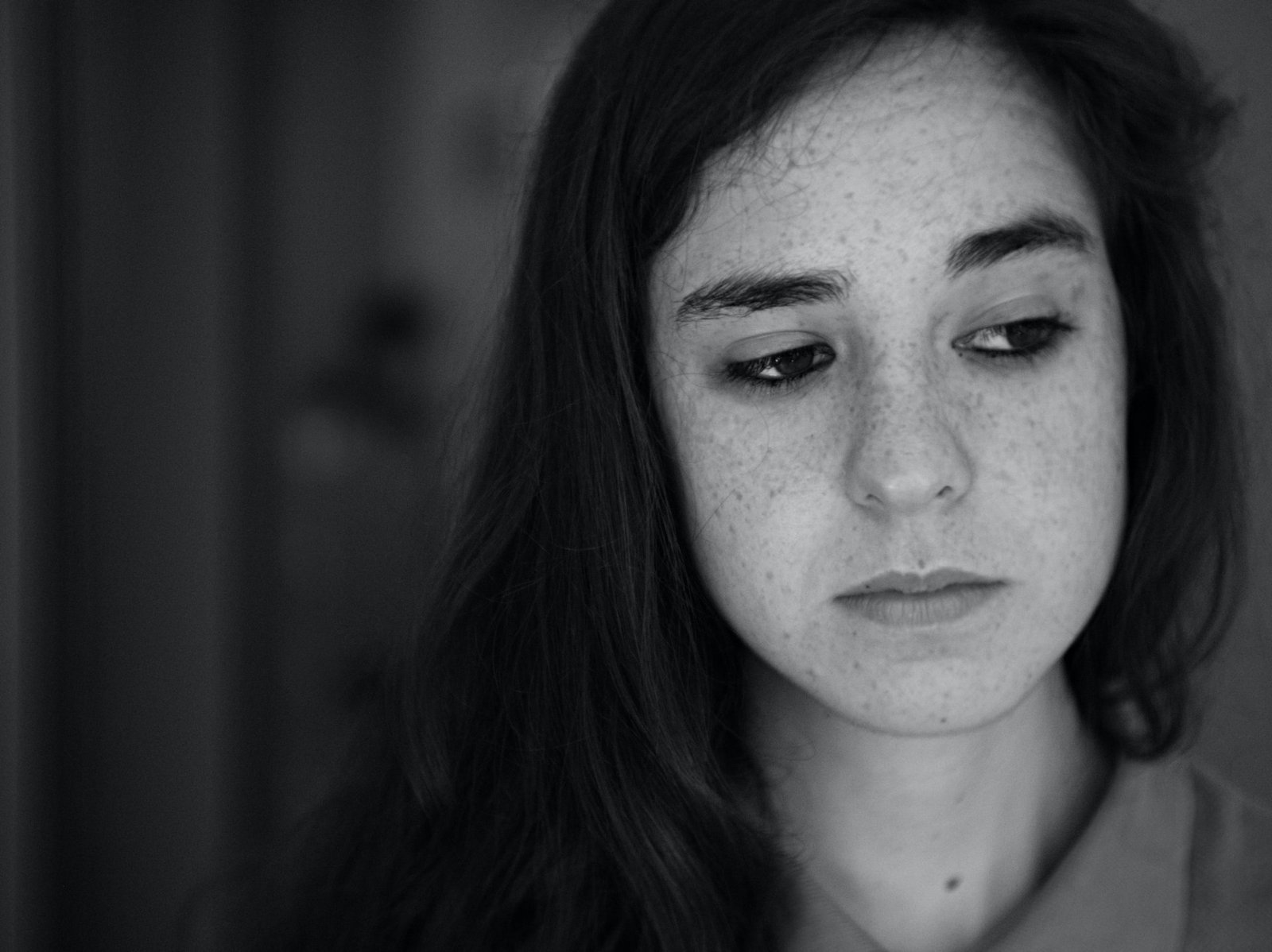Anxiety – New Research Explains Why People Are Concerned
Anxiety is a common term in our lexicon today, and rightly so. Recent studies suggest that people who suffer from anxiety view the world in a fundamentally different manner. While this heightened sense of caution can sometimes be advantageous, it can become debilitating when taken to the extreme.
The ‘Overgeneralization’ Phenomenon
The term “overgeneralization” refers to the anxiety-induced habit of perceiving non-threatening scenarios as harmful. Researchers attribute this to the different ways that anxious brains function. While it is normal for our brains to prepare us for perceived threats by initiating the fight-or-flight response, in people with anxiety, this process happens far more frequently than necessary. This overactivation of the fight-or-flight system has significant implications.
Dive into the Research
To examine this, scientists conducted a study that involved teaching anxious individuals to associate different tones with various outcomes—monetary loss, gain, or neutral results. The test aimed to evaluate whether anxious people are prone to “overgeneralize” their associations, confusing new stimuli with old ones. The study had ground-breaking findings.
The Monetary Incentive and Its Impact
During the study, participants had a financial incentive to differentiate between the tones correctly. Incorrect associations meant the loss of rewards, thereby elevating the stakes and making the experiment more realistic and relatable.
Findings from the Research
According to the study, people with anxiety were significantly more likely to confuse a new tone with a previously heard one. This perceptual inability to discriminate suggests a deep-rooted issue in how anxious people process their environment. They are more likely to overgeneralize, associating new, harmless stimuli with potentially harmful consequences. Consequently, their reactions are often misaligned with the actual level of threat posed by a situation.
The Amygdala Connection
When delving into the biological aspects of anxiety, the amygdala plays a critical role. This small almond-shaped cluster of nuclei in the brain is responsible for emotions, survival instincts, and memory. Research shows that anxious individuals have heightened amygdala activity, which aligns with their heightened perception of risk.
Neuroplasticity: A Double-Edged Sword
The human brain is incredibly plastic, meaning it can change its structure and function in response to experiences. While neuroplasticity is crucial for learning and adaptation, it can also pave the way for maladaptive behaviors and thought patterns, as observed in people with anxiety disorders.
Implications for Everyday Life
Understanding that avoidance behaviors in anxious people are physiologically motivated, rather than choices they make, can foster empathy and reduce stigma. Remember, it’s not about ‘won’t’ but ‘can’t.’ This distinction is vital for those who live with or care for someone with anxiety.
A Glimmer of Hope
Importantly, the brain’s plasticity offers a glimmer of hope. Just as maladaptive behaviors can be learned, they can also be unlearned. Various treatments like Cognitive Behavioral Therapy (CBT), mindfulness, and medication are proven strategies that retrain the brain to respond more appropriately to stress.
The Journey Ahead
While complete eradication of anxiety is neither feasible nor advisable, learning to manage it can lead to a more fulfilling life. As our understanding of the anxious brain evolves, so do the techniques to mitigate its adverse effects. In this endeavor, every piece of new research brings us closer to more effective solutions.
Social Stigma Surrounding Anxiety
While research continuously evolves to give us a better understanding of anxiety, social stigma surrounding the condition remains a barrier to effective treatment. Even in advanced societies, mental health issues like anxiety are often seen as a sign of weakness. This misconception prevents many from seeking the help they need and deserves more attention.
The Impact of Culture
Culture plays a significant role in how mental health is perceived. In some cultures, discussing mental health is taboo, making it even more difficult for individuals to seek help. This further isolates people with anxiety, creating a vicious cycle that hinders progress in understanding and treating the condition.
Coping Mechanisms: Do They Really Work?
People have various coping mechanisms to deal with anxiety, from exercising and journaling to deep breathing techniques. However, the effectiveness of these strategies varies from person to person.
Meditation and Mindfulness
Mindfulness techniques have become increasingly popular in the Western world. Research has shown that mindful meditation can have a positive impact on the brain and reduce symptoms of anxiety significantly. By training the mind to focus on the present moment, people can distance themselves from the anxieties triggered by past events or future uncertainties.
Exercise and Its Role
Physical activity releases endorphins, the body’s natural feel-good chemicals, providing a natural counterbalance to stress hormones. Studies have shown that even 30 minutes of moderate exercise a few times a week can improve mood and reduce symptoms of anxiety.
Conclusion
The study serves as a significant leap forward in understanding how anxiety alters perception and behavior. However, much work lies ahead. The goal is not to demonize anxiety but to understand it better, thereby equipping us to manage it more effectively. The more we learn, the more tools we have at our disposal to live happier, more balanced lives.
By shedding light on the anxious brain’s complexities, this new research arms us with valuable insights, providing both professionals and laypersons with a richer understanding of anxiety’s intricacies. It serves as a timely reminder that compassion, both for ourselves and others, can go a long way in dealing with anxiety disorders.







